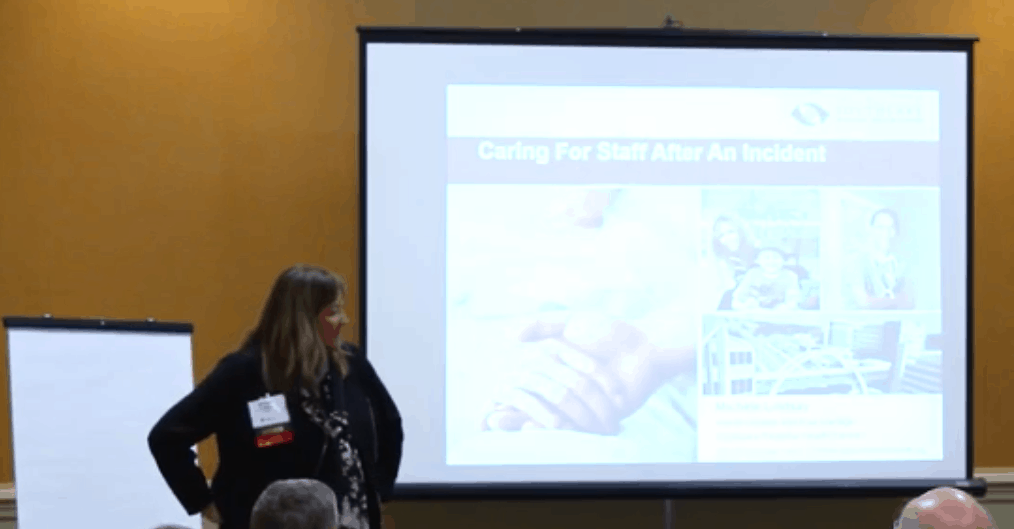Michele Lindsay Speaks About Caring for Your Staff After a Serious Incident

Caring for Your Staff After an Incident
You can harm your staff/employees by the way you respond to an accident/incident. We learned about that kind of “harm” at the 2018 Global TapRooT® Summit during an interview with Mike Williams, one of the survivors of the Deepwater Horizon Accident.
But there are things you can do to care for your staff after an incident to help avoid emotional distress and continuing harm.
What can you do? Michele Lindsay discusses how her organization, Southlake Regional Health Centre in Ontario, cares for its staff after a Sentinel Event. Additionally, she explains best practices that are being applied to other facilities/industries. The talk series was presented at the 2019 Global TapRooT® Summit.
Videos from the 2019 Global TapRooT® Summit About Post-Incident Support of Your Staff
This video focuses on Healthcare Sentinel Events, but the lessons learned may be applied to any serious incident.
The four videos are about 10 minutes each.
2020 Global TapRooT® Summit Info
Get more information about the 2020 Global TapRooT® Summit, March 9-13, including topics, keynote speakers, best practice sessions, at https://www.taproot.com/summit/. Check out the 2020 Summit Brochure and register to join us at the Horseshoe Bay Resort (near Austin, TX) for the best (guaranteed!) experience in growth, takeaways, networking, and information-sharing.



